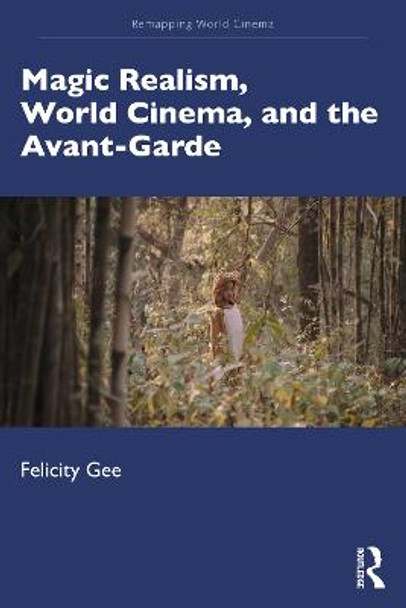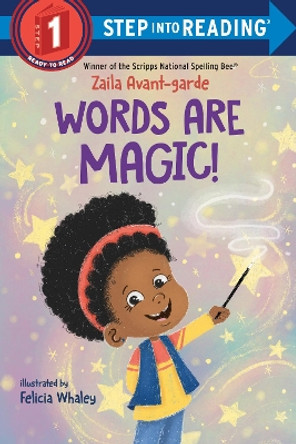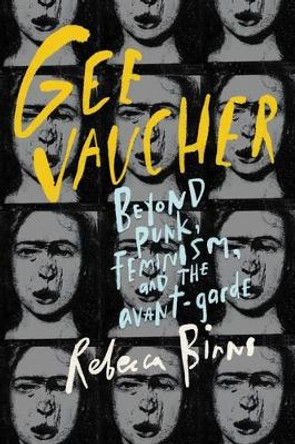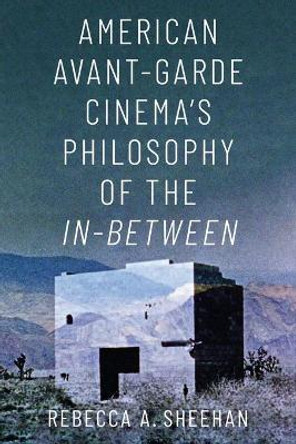Description
This book follows the hybrid and contradictory history of magic realism through the writings of three key figures - art historian Franz Roh, novelist Alejo Carpentier, and cultural critic Fredric Jameson - drawing links between their political, aesthetic, and philosophical ideas on art's relationship to reality.
Magic realism is vast in scope, spanning almost a century, and is often confused with neighbouring styles of literature or art, most notably surrealism. The fascinating conditions of modernist Europe are complex and contradictory, a spirit that magic realism has taken on as it travels far and wide. The filmmakers and writers in this book acknowledge the importance of feeling, atmosphere, and mood to subtly provoke and resist global capitalism. Theirs is the history of magic-realist cinema. The book explores this history through the modernist avant-garde in search of a new theory of cinematic magic realism. It uncovers a resistant, geopolitical form of world cinema - moving from Europe, through Latin America and the former Soviet Union, to Thailand - that emerges from these ideas.
This book is invaluable to any reader interested in world modernism(s) in relation to contemporary cinema and geopolitics. Its sustained analysis of film as a sensory, intermedial medium is of interest to scholars working across the visual arts, literature, critical theory, and film-philosophy.
About the Author
Felicity Gee is a senior lecturer in Modernism and World Cinema at the University of Exeter, UK. Her research interests include surrealism, women theorists and critical theory, and film-philosophy. Her work takes an interdisciplinary approach, spanning film, art history, literature, and critical theory. Recent publications include articles on Claude Cahun, Leonora Carrington, Vera Chytilova, and authorial affect in Akira Kurosawa's The Bad Sleep Well.
Book Information
ISBN 9781138232297
Author Felicity Gee
Format Paperback
Page Count 230
Imprint Routledge
Publisher Taylor & Francis Ltd
Weight(grams) 353g







